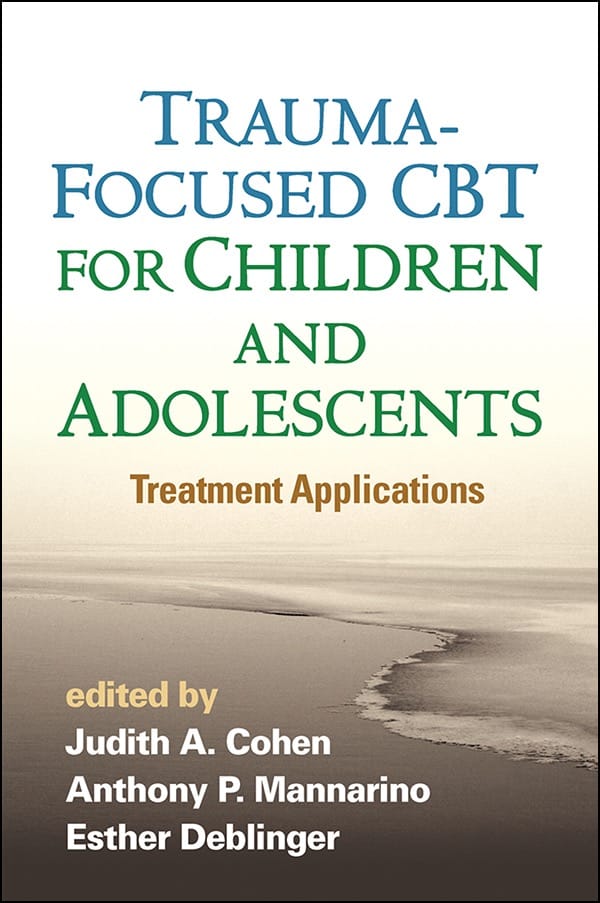
The questionnaire can be filled in with the client very soon after they have gone through the imaginal reliving/revisiting intervention. See this "Post imagery questionnaire" that I have put together for areas it may be worth looking out for. Ratings of vividness, now-ness and emotion may be helpful. He suggests that the therapist is supportive and also watches out for avoidant behaviour. 4.) describing what was experienced through all the different senses. 3.) using the present (rather than the past) tense.

2.) telling the story in the first person. Certainly Nick comments that he encourages the client to go through what happened in their imagination 1.) making it as realistic as possible. It is true that with this more cognitive approach there is less direct "exposure work" and more cognitive input, however read "Nick Grey on memory-focused approaches in CBT for adults with PTSD - imagined "reliving" (6th post)"to clarify how much "exposure" to the trauma memory is involved.
#TRAUMA FOCUSED CBT SERIES#
Arguably the recent written self-help treatment for PTSD - see the two blog posts beginning with "One of the most exciting therapeutic writing studies for years" - is one of the most straightforwardly "behavioural" techniques currently available, but even here there is considerable emphasis on "psycho-education" before beginning the exposure work.īack in April I wrote the first of a series of seven posts on a state-of-the-art cognitive-behavioural treatment - "BABCP spring meeting: Nick Grey on memory-focused approaches in cognitive therapy for adults with PTSD - introduction (1st post)". This certainly makes me wonder how much "cognitive work" needs to be added to a "behavioural approach" like prolonged exposure before one starts calling the method "cognitive-behavioural". Talking through the trauma helps you make sense of what happened and have fewer negative thoughts about the trauma." Many people feel better over time, though, as they do this. This may be hard at first and it might seem strange to think about stressful things on purpose. You will learn that you do not have to be afraid of your memories. Talking through the trauma will help you get more control of your thoughts and feelings about the trauma. 4.) talking through the trauma - the VA description here says "Talking about your trauma memory over and over with your therapist is called imaginal exposure. 3.) real world practice - in vivo exposure practice to real situations. 2.) breathing retraining as a skill to help relaxation (mm, this doesn't sound like "just prolonged exposure" either). The US Department of Veterans Affairs provides a good description of prolonged exposure stating clearly that there are four components to the treatment 1.) education about PTSD & its treatment (this certainly sounds like a "cognitive" intervention!). It's worth pointing out at this stage that "straightforward prolonged exposure" for PTSD can present itself as a more simple therapy than in fact it is. Today I would like to consider what fuller interventions like trauma-focused CBT and more complex rescripting approaches have to offer.

Yesterday I wrote a post "Working with traumatic memories: KISS (keep it simple, stupid) and the virtues of straightforward prolonged exposure". " Courage is not the absence of fear, but rather the judgement that something else is more important than fear." James Hollingworth

#TRAUMA FOCUSED CBT HOW TO#

"Air": making our way through this world."Fire": what we want our lives to be about.Ch.6: Close Relationships - Intimacy, Sex & Conflict.


 0 kommentar(er)
0 kommentar(er)
